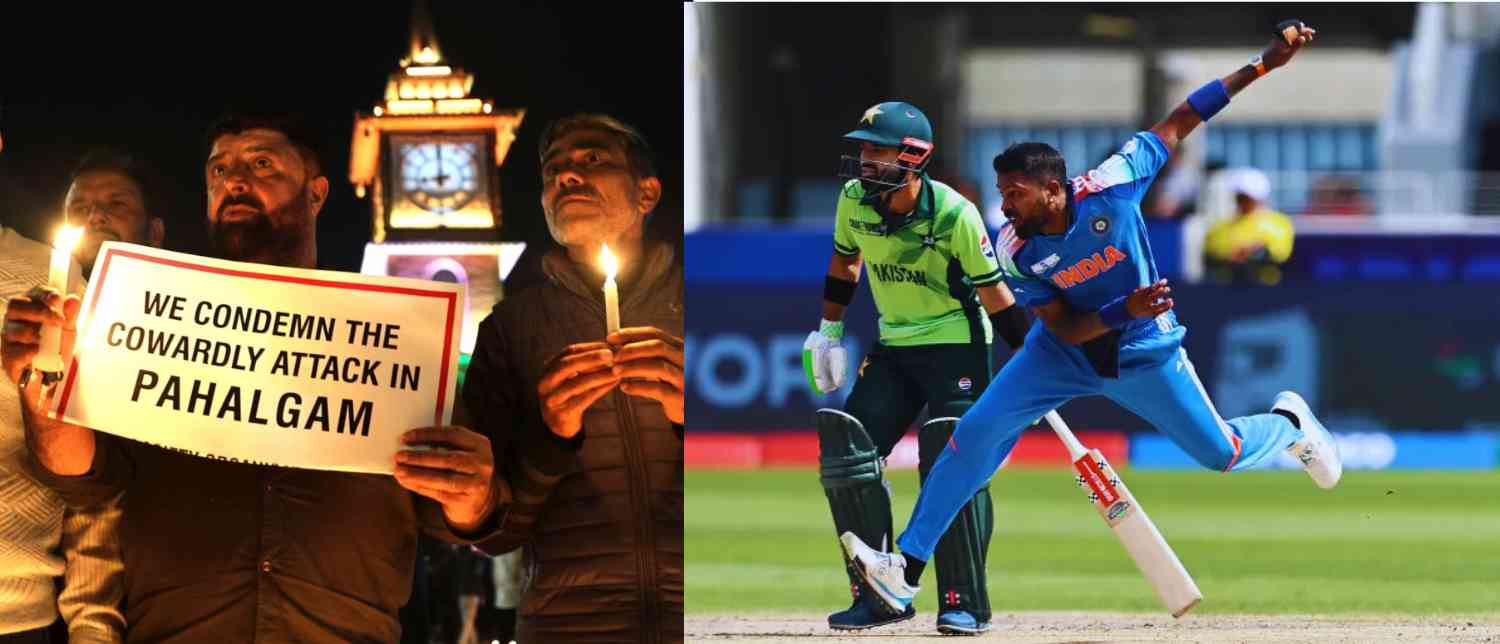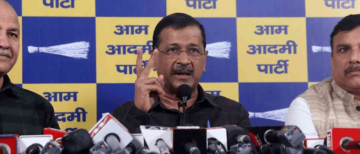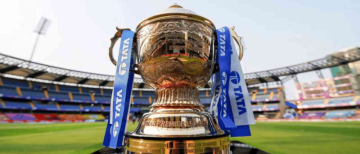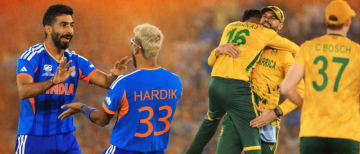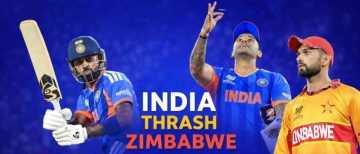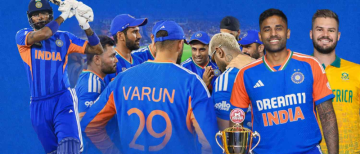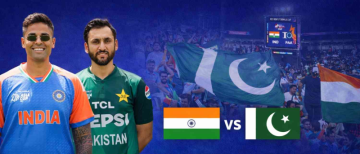The much-anticipated cricket match between India and Pakistan, part of the Asia Cup 2025, has sparked a significant wave of protest and boycott calls on social media and beyond. This boycott sentiment is fueled by the strained political relations and recent violent incidents attributed to terrorism allegedly supported by Pakistan. The match, scheduled to be held soon, has created a divide among the public, with many netizens urging the Board of Control for Cricket in India (BCCI) and the government to cancel or boycott the game. However, the issue is complex and multi-layered, intertwining sports, politics, national sentiments, and international diplomacy.
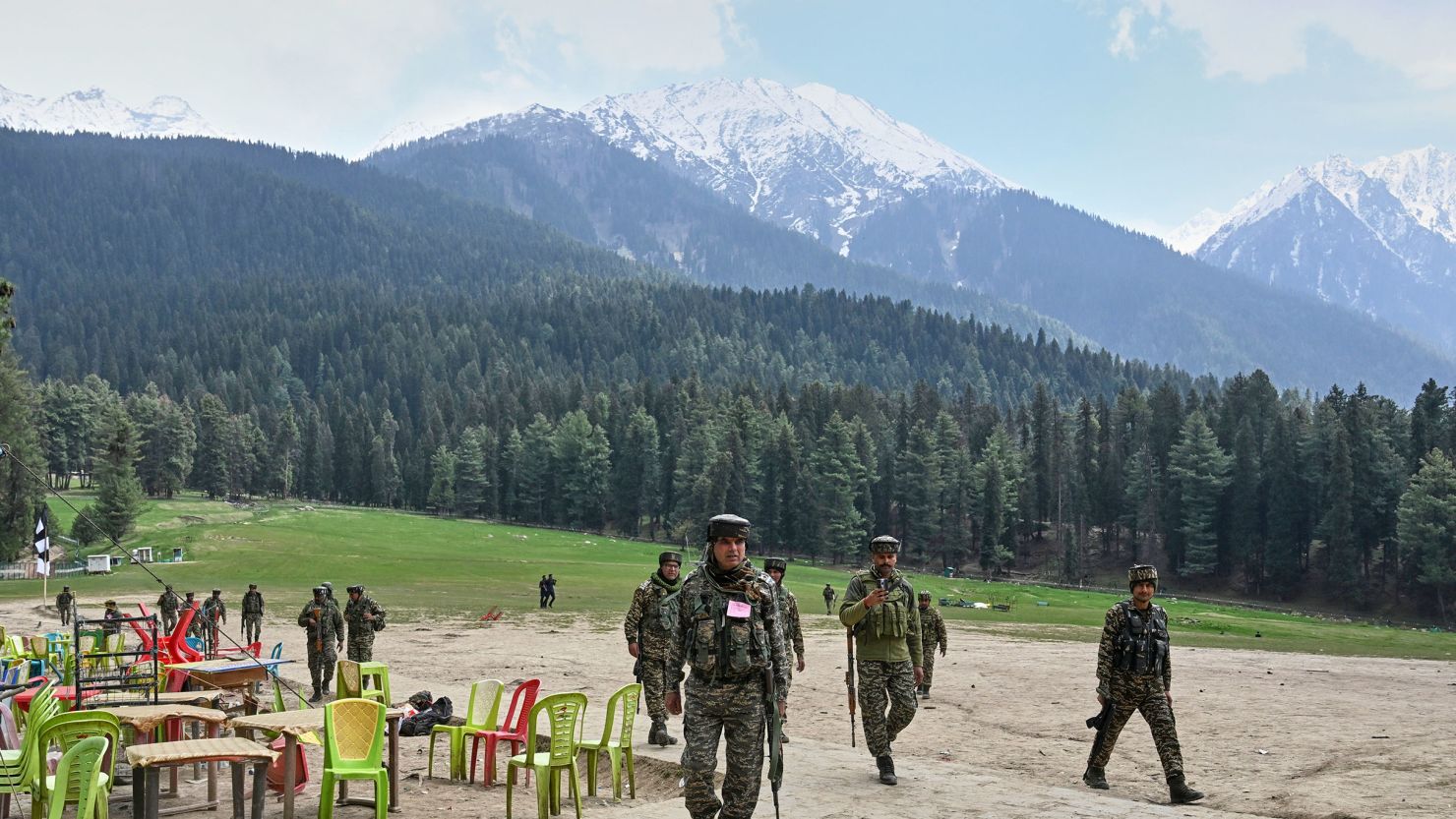
Several incidents have worsened India's relations with Pakistan in recent times, acting as the main backdrop to the boycott voices. The Pahalgam terror attack in April 2025, where 26 Indians lost their lives, is one stark incident cited by protesters. Additionally, historical acts of terrorism like the 26/11 Mumbai attack and the Pulwama attack have long left a scar on public conscience in India. Many netizens and political figures express that playing cricket against a country that allegedly supports terrorism sends a confusing and painful message to martyrs' families and citizens affected by violence. For instance, the All India Majlis-e-Ittehadul Muslimeen (AIMIM) leader Waris Pathan argued strongly against the match, stating the government and BCCI should not entertain Pakistan’s cricket team given the recent tragic events.
Social media platforms like X (formerly Twitter) have seen tens of thousands of posts trending with hashtags like #BoycottIndoPakMatch, reflecting widespread public discontent. Netizens argue that sports and politics cannot be separated when national security and terrorism concerns are involved. Some messages call out the warm reception given to the Pakistani team in Indian cities as inappropriate in light of ongoing hostilities. The pre-match celebrations featuring prominent Bollywood singers have also attracted criticism, amplifying the boycott sentiment.
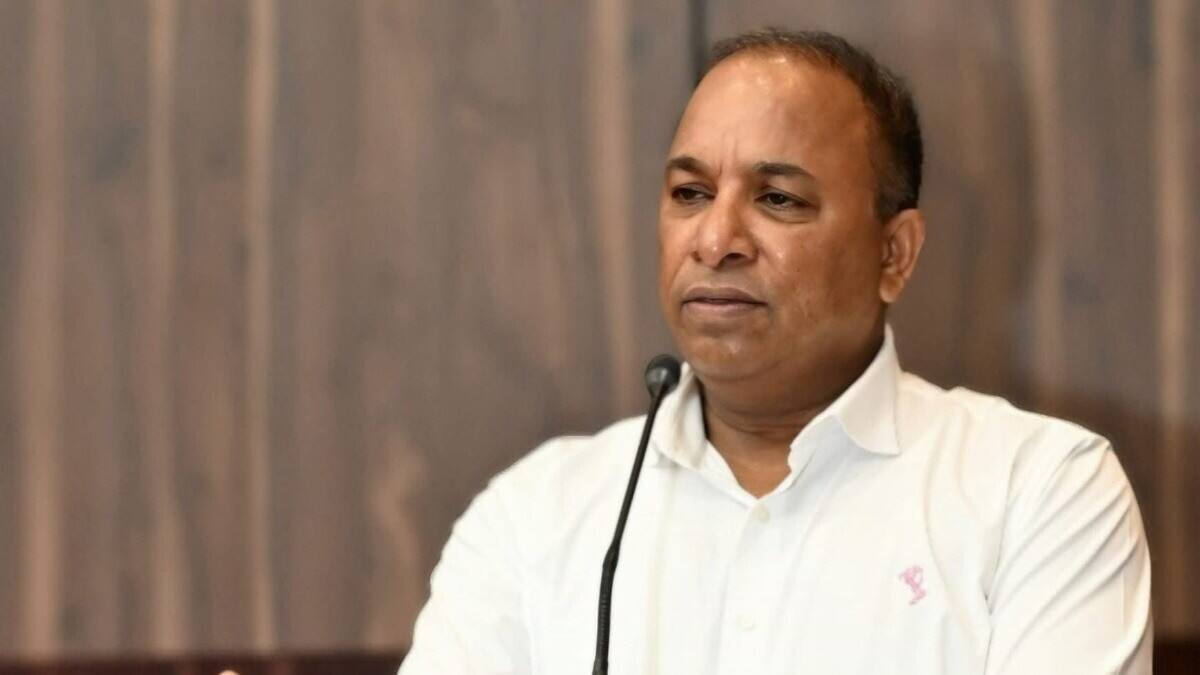
Despite the vocal boycott calls, the BCCI and Indian government have maintained a stance aligned with national sports policies. India has avoided bilateral cricket series with Pakistan since 2013 but continues to play against Pakistan in multinational tournaments like the Asia Cup and ICC events. BCCI Secretary Devajit Saikia explained that a complete boycott in such multi-team tournaments is not feasible because it may lead to sanctions from international cricket bodies like the ICC and the Asian Cricket Council. These sanctions could harm Indian players' careers and cricket development. Hence, the government policy has calibrated freedom to participate in multinational events while restricting bilateral ties to balance sports diplomacy with national interests.
Even the Indian Supreme Court declined a Public Interest Litigation seeking cancellation of the India-Pakistan match, emphasizing that it is just a cricket match, underscoring the judiciary's reluctance to intervene in sporting matters despite political tensions.
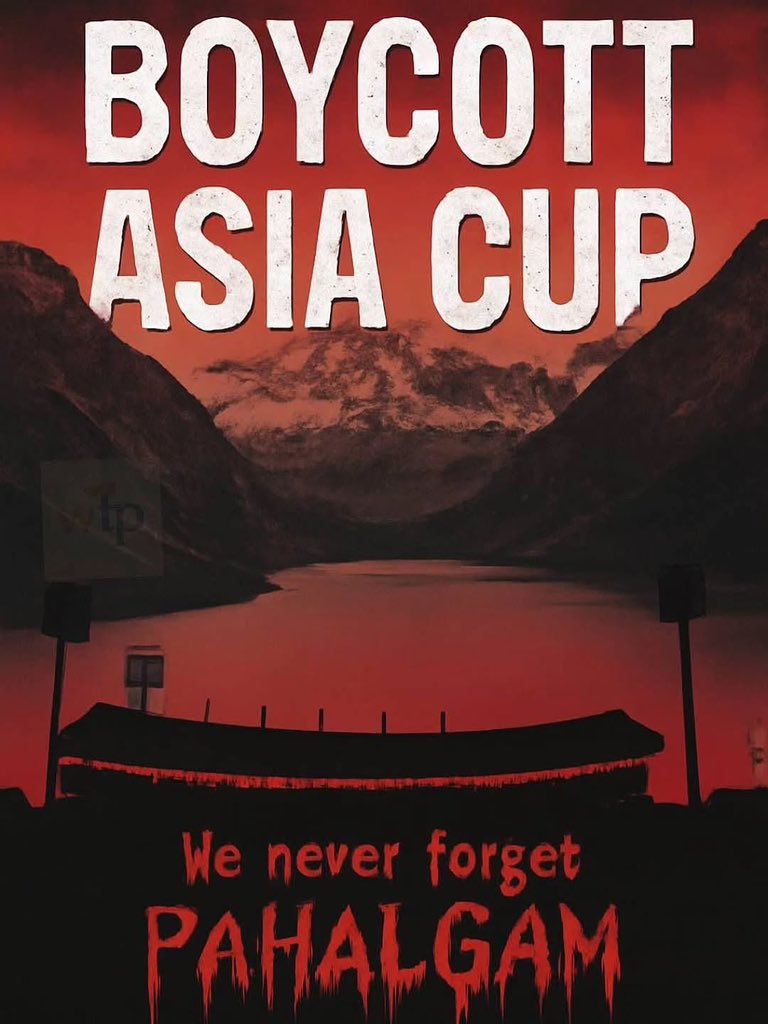
The boycott debate raises a timeless question: should sports be a ground separate from political conflicts? Proponents of the boycott argue that engaging with countries involved in hostile activities undermines national dignity and dishonors victims of terrorism. Conversely, others believe that sports serve as a channel for peace, dialogue, and people-to-people connection beyond political disputes. They stress the unifying power of cricket in South Asia, where it transcends borders and brings together millions of passionate fans.
The diverse voices highlight the challenge to sports administrators and policymakers who must navigate the thin line between respecting national sentiments and fulfilling international sporting obligations. For many fans, the excitement and love for cricket coexist with their concerns about national security, leading to divided loyalties and difficult debates.
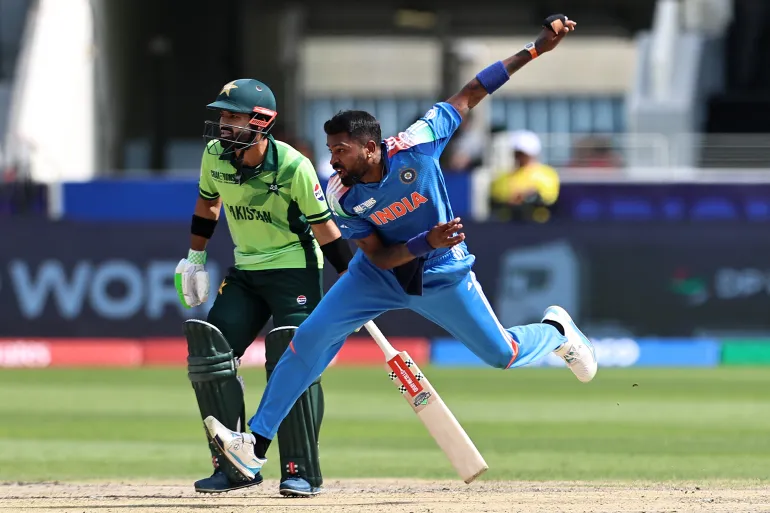
The boycott calls against the Indo-Pak cricket match reflect deep-seated political and emotional undercurrents rather than mere sports rivalry. While netizens express grief, anger, and a demand for tough national stands, the officials advocate a cautious approach to keep sports participation in multi-nation events alive. The ongoing controversy is emblematic of the broader India-Pakistan relationship, where sport remains both a battlefield and a bridge. As the match approaches, the nation watches with mixed feelings—some hopeful for the spirit of the game, others standing firm in protest, making this a uniquely charged encounter in the history of cricket.
This context shows that while cricket is a beloved sport in the region, its role transcends the pitch, intersecting with politics, national identity, and public sentiment in profound ways.
With inputs from agencies
Image Source: Multiple agencies
© Copyright 2025. All Rights Reserved. Powered by Vygr Media.

